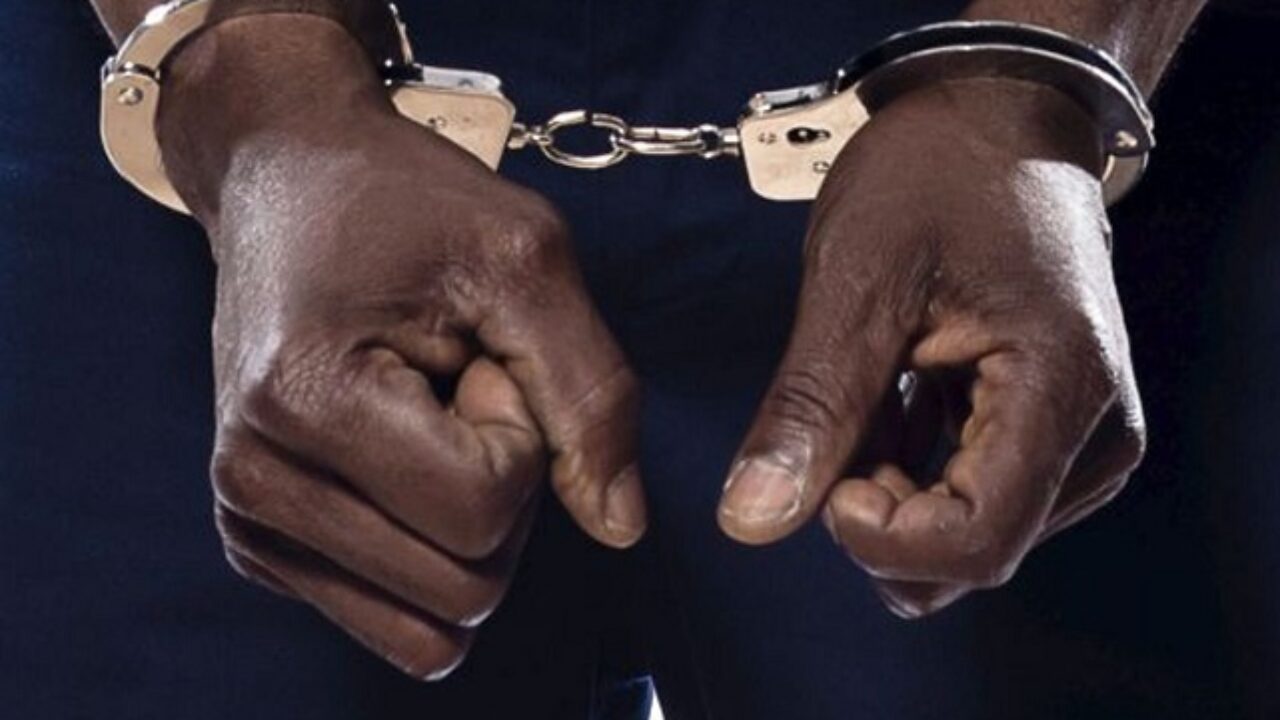Pardoning the unpardonable
Prior to 2015, Nigerians were so sure that if Muhammadu Buhari was elected, he would win both the war on terror and war on corruption with alacrity. Alas, seven years later, there has been no notable success on either front. Corruption flourishes and the Nigerian army has failed to overcome rag-tag militias roaming freely, taking […]

Prior to 2015, Nigerians were so sure that if Muhammadu Buhari was elected, he would win both the war on terror and war on corruption with alacrity. Alas, seven years later, there has been no notable success on either front. Corruption flourishes and the Nigerian army has failed to overcome rag-tag militias roaming freely, taking over local governments, and creating havoc nationwide.
The reason why the war against insurgency has not been won isn’t because our gallant soldiers are cowardly. Far from it, it’s because they are outnumbered in the field, ill-equipped, and not well trained in modern warfare. The funds meant to equip them were looted and the monies, reportedly found in the hands of former top military brass, are simply mind boggling. Corruption and military failure are inexorably intertwined. It is trite that in politics, there are no permanent friends or permanent enemies; only permanent interests.
Once upon a time, Nigerians would have sworn that public office holders found guilty of corruption were repugnant to Muhammadu Buhari who back in the day used to be referred to as “Mr Integrity”. How things have changed! Nowadays, conviction for corruption by a duly constituted court of law is no longer abhorrent to our president. Recently, the federal government announced state pardons for Governors Dariye and Nyame of Plateau and Taraba states respectively. Both were serving prison sentences. Dariye was convicted and jailed for stealing N1.16 billion and Nyame N1.6 billion but as governors, what they actually stole was the hospitals, schools, roads, pensions, ambulances, orphanages, electrical transformers and other utilities the money should have been spent on.
The Socio-Economic Rights and Accountability Project (SERAP) has urged President Buhari to review and withdraw pardons. They agreed with the Human Rights Writers Association of Nigeria (HURIWA) who said the pardons interfered with the exercise of judicial power and negatively affected the rule of law. Both groups agreed that pardons when properly exercised help protect citizens against miscarriages of justice. As such , they applauded the pardons given to Nigerians who were denied legal representation and convicted by military tribunals during the days when the whims of military dictators overrode the rule of law. However, they pointed out that the problem with pardoning selected civilian governors convicted in properly constituted courts under a democratic dispensation is that it reeks of discrimination on the basis of political affiliation, and incompatible with both the constitution and UN convention against corruption.
Mr Rotimi Jacobs, the Senior Advocate of Nigeria (SAN) who prosecuted both cases on behalf of the Economic and Financial Crimes Commission (EFCC), could not suppress his disappointment. It means in effect that though both former governors were convicted and sentenced for stealing public funds while in office, they can still run for elective office sometime in the future! The Nigerian Bar Association (NBA) said the pardon has turned the anti-corruption war into a joke especially considering that the investigation and prosecution of the cases from the High Court to Supreme Court cost approximately N300 million. Legal luminary and rights activist, Femi Falana, said the federal government should have extended pardons to Nigerians in overcrowded unhygienic prisons serving sentences for petty crimes; not those convicted of grand larceny. He claimed that recently, a Nigerian was jailed by an Abuja court for stealing N1,000 despite pleading with the judge that he stole because he had no food and needed to eat.
The pardon only confirmed the long held belief that in Nigeria, prison is only for the poor and underprivileged. Petty thieves languish in prison while big thieves go free!
The problem is that Section 175 of the constitution which vests discretionary power in the president to grant pardon doesn’t state the conditions under which such power should be exercised. SERAP argued that this section should be amended to include that such pardon must be accompanied by an explanation.
As far as civil society organisations are concerned, there has never been a wholehearted war against corruption. It was merely a campaign slogan. The EFCC is preoccupied with harassing youths carrying laptops or expensive handsets and illegally parading them as “Yahoo Boys” even as big time treasury looters scorn the commission and laugh all the way to the bank.
The latest Transparency International Corruption Perception Index ranks Nigeria as 154th out of 180 countries surveyed, representing a fall of five places from 149 in 2020. Doubtless, this pardon will ensure the rank falls even further. Despite repeated ludicrous claims that this administration has recorded substantial success in tackling corruption, the US government’s verdict contained in its annual Country Reports on Human Rights Practices is that they have “not covered themselves in glory”.
While massive looting continues unabated, guilty parties go scot-free through pardons or ludicrous plea bargaining. In a section of the US government’s report titled “Corruption and Lack of Transparency in Government,” they noted that failure to enforce anti-corruption laws has resulted in widespread massive and pervasive corruption affecting all levels and branches of government. The report even goes as far as accusing high ranking government officials of taking advantage of the immunity attached to their positions to perpetuate corrupt acts including misappropriating public funds. The only means by which Nigeria’s economic fortunes can be reversed is through a serious anti-corruption war. The incoming 2023 administration needs to exhibit integrity, subjugate party politics to national interests, overhaul the EFCC and desist from pardoning the unpardonable.
